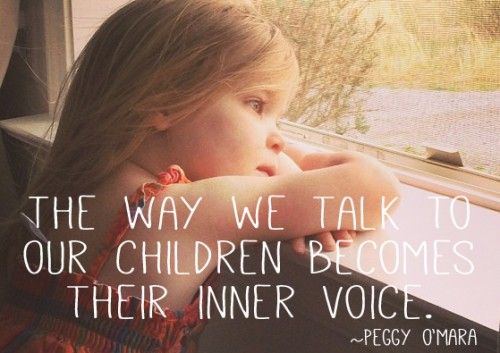loneaspie
Active Member
As an Aspie who hopes to have kids himself someday, I have to wonder... why do non-autistic people lie to their kids? Logically, it makes no sense.
Ex. 1: A kid presents a bad drawing. (I don’t mean stick figures, crayons, stuff out of proportion, or drawing by age, etc... I mean bad.)
- What a nice drawing! Did you do that?
Ex. 2: A toddler banging on the piano.
- That’s such a beautiful song! So sweet!
Ex. 3: It’ll be okay. It’s okay (Edit to clarify this: most times, it’s not okay with a normal person, like if a kid says something, and an NT denies it bothers them. I understand making a child feel safe is #1, and there are times like hard times where this needs said legitimately to calm someone, but I'm saying where the person *does not* mean it, like saying "all is okay" with them, when it's not.)
- Typical child gives hug, etc.
Ex. 4: I love you more than anything in the world. I wouldn’t trade anyone for you (when you’ve heard or seen same person clearly be mean to or covertly backbite the recipient)
- Typical child believes it (if the signs are not obvious)
But then, there’s stuff like...
Ex. 5: It’s that friend I was telling you about. Tell her I’m not home right now.
- Usual response: Okay
As an Aspie, I wonder: why can't people just say what they mean?
1. Bad drawing: Thanks for showing this to me; I know it took hours, but to really be a great artist someday, you need to really practice at it. (That is, if their dream is being an artist; otherwise, I’d just stay quiet and let the NTs say their stuff.)
2. Piano: I’d go to another room. If chased around about it, I’ll be honest. I’d probably shut or melt down.
3. Okay: I was bothered when you said/did etc. but all's good now. Or things are bad right now, but I know they will get better.
4. Facade relationship: You know, I confess I sometimes don’t really like what you say or do. But I will try to be there for you, help you, and do the best I can.
5. Phone: She doesn’t want to talk right now. Please call her later.
And yet, when a kid lies, it’s very bad. Parents rage never to do it. So why do adults do it? And why not allow kids to do the best they can do? Why do they do this?
I've added edits to make what I'm saying hopefully clearer and be a bit 'softer' in tone; my original post I admit wasn't written well.
Ex. 1: A kid presents a bad drawing. (I don’t mean stick figures, crayons, stuff out of proportion, or drawing by age, etc... I mean bad.)
- What a nice drawing! Did you do that?
Ex. 2: A toddler banging on the piano.
- That’s such a beautiful song! So sweet!
Ex. 3: It’ll be okay. It’s okay (Edit to clarify this: most times, it’s not okay with a normal person, like if a kid says something, and an NT denies it bothers them. I understand making a child feel safe is #1, and there are times like hard times where this needs said legitimately to calm someone, but I'm saying where the person *does not* mean it, like saying "all is okay" with them, when it's not.)
- Typical child gives hug, etc.
Ex. 4: I love you more than anything in the world. I wouldn’t trade anyone for you (when you’ve heard or seen same person clearly be mean to or covertly backbite the recipient)
- Typical child believes it (if the signs are not obvious)
But then, there’s stuff like...
Ex. 5: It’s that friend I was telling you about. Tell her I’m not home right now.
- Usual response: Okay
As an Aspie, I wonder: why can't people just say what they mean?
1. Bad drawing: Thanks for showing this to me; I know it took hours, but to really be a great artist someday, you need to really practice at it. (That is, if their dream is being an artist; otherwise, I’d just stay quiet and let the NTs say their stuff.)
2. Piano: I’d go to another room. If chased around about it, I’ll be honest. I’d probably shut or melt down.
3. Okay: I was bothered when you said/did etc. but all's good now. Or things are bad right now, but I know they will get better.
4. Facade relationship: You know, I confess I sometimes don’t really like what you say or do. But I will try to be there for you, help you, and do the best I can.
5. Phone: She doesn’t want to talk right now. Please call her later.
And yet, when a kid lies, it’s very bad. Parents rage never to do it. So why do adults do it? And why not allow kids to do the best they can do? Why do they do this?
I've added edits to make what I'm saying hopefully clearer and be a bit 'softer' in tone; my original post I admit wasn't written well.
Last edited:

